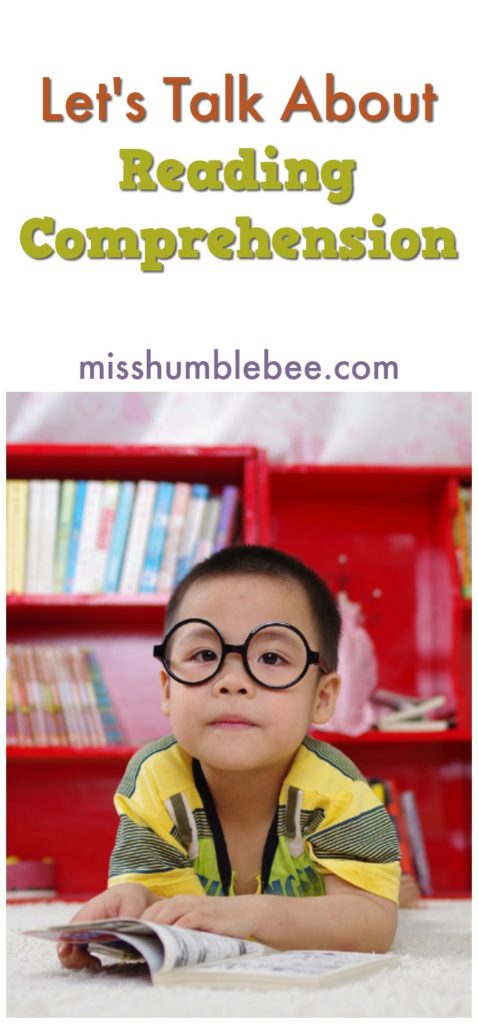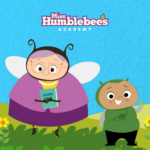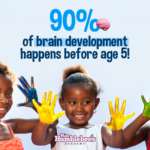When it comes to kindergarten, you’ve probably noticed that there’s a huge focus on reading. Literacy activities take up the majority of academic time, and for good reason.
The fact is that reading is the foundation upon which all of your child’s learning will grow. By taking the time and effort early in a child’s academic career to lay a solid foundation, we ensure that each consecutive building block, whether literacy, math, science, or more, has a good probability of standing level and strong.

However, there is more to reading than simply stringing letters, words, sentences, and paragraphs together. Imagine making your way through a book in a language you don’t understand. You may be able to read the words, but when you get to the last page, you’ll have as little idea about the story line as when you first started.
So it is with children who are learning to read. Beyond simply reading the words, it is vital that they comprehend them.
Without being able to understand a word problem, how can they do math?
Without being able to write a thesis statement, how can they perform a science experiment?
Thankfully, reading comprehension can begin before your child’s formal education starts and even before your child is reading on their own. There are some significant upsides to getting your child on the reading comprehension train as early as possible.
- It gives them a head start- There are a lot of transitions for a child to handle when school begins. If the foundations of reading comprehension have already begun to be laid, there will be one less thing for your child to feel overwhelmed about while they make the transition to school.
- It improves vocabulary- You probably remember how frustrating it was trying to communicate with your baby before he or she could speak. Reading and reading comprehension help your child become more capable of explaining his or herself and interacting with others.
- It helps you set learning goals- Since learning to read is so fundamental, it is usually the first thing that kids are taught. Thus, depending on how slow or fast your child learns to read, you can use that as a benchmark for other subjects. Every child learns at their own pace and just because a child doesn’t learn to read as quickly as another child doesn’t mean they will struggle with it later in life. However, it’s good to keep track of how your child is doing so that if any academic struggles do occur, you can look at the overall picture and know how best to help your child.
How do you teach reading comprehension?
It’s much easier than you may think. In fact, you’re probably already doing it without even realizing it.
However, if you want to be intentional with it, we’ve included links to several articles and websites that will help.
- For ideas you can use while reading with your child, check out this article on education.com.
- Get your child started journaling early to improve comprehension with this activity from Teaching 2 & 3 Year Olds.










